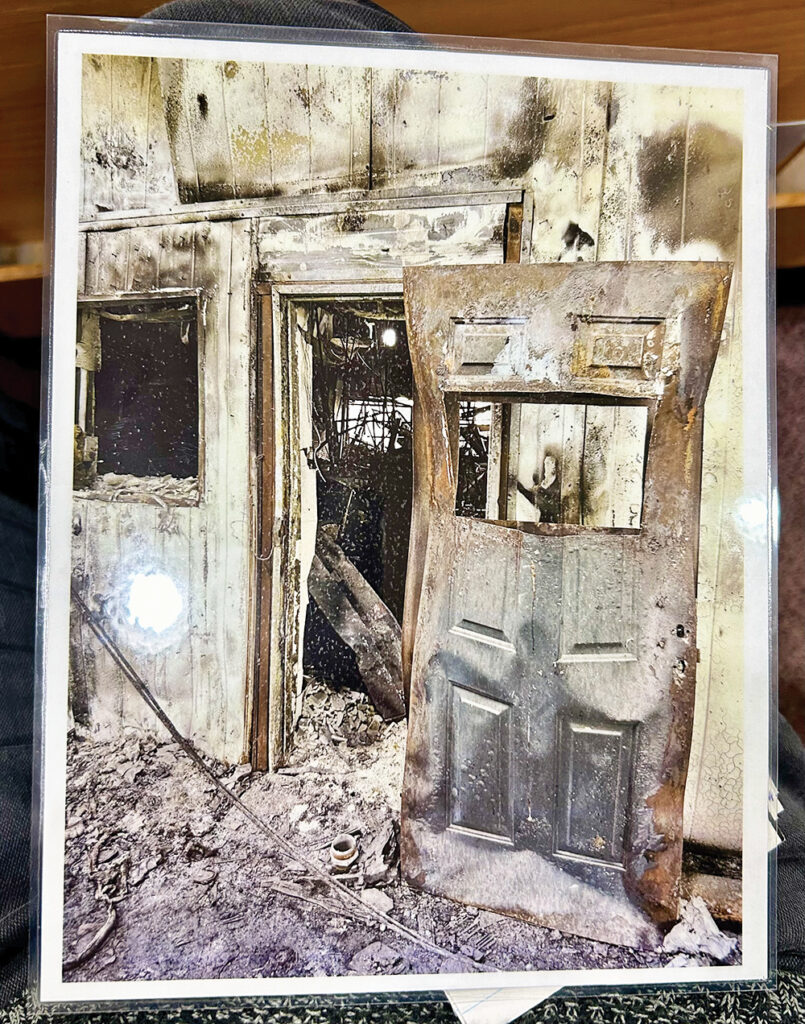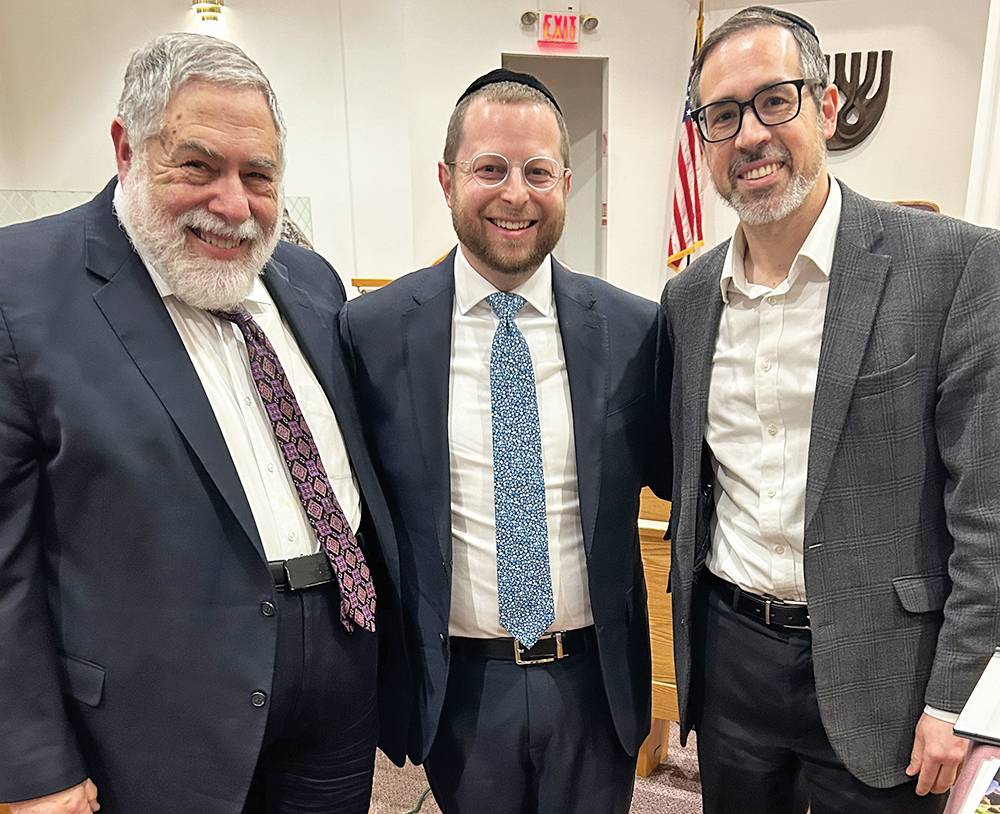
Ellie Rothstein, LCSW, found himself in a serious quandary in the immediate aftermath of the October 7 Hamas attacks.
As he explained to a rapt audience at the Young Israel of East Brunswick on March 10, after returning from a Vasikim minyan on Simchat Torah with his son to their home in Har Nof, he first dealt with his own children’s fears amid the sirens and rocket blasts. But then it gradually dawned on him that his life’s work would be on uncertain territory as Israel went to war with Hamas.
Rothstein, a trained therapist with a degree from Bar Ilan University, is the CEO of Kav L’Noar, an Israeli nonprofit started in 2004 to serve the mental health needs of Israeli youth. Initially Kav L’Noar served hundreds of children each year in school settings. In 2021, the organization saw a much broader need for their services and took steps to dramatically broaden their capacity, by creating a partnership with the four major health insurance providers in Israel. By late 2023, Kav L’Noar was serving upwards of 10,000 people and working in 46 schools across the country.
As Rothstein explained, Kav L’Noar has determined that group therapy settings are often preferable, as they do not require a great deal of self-disclosure (as do private sessions). Group therapy sessions can be skills-based, therapeutic, or resilience-focused, and serve greater numbers. Research in Israel has revealed that, prior to the war, 25%-35% of the population felt they needed some level of therapeutic intervention. The October 7 attacks have only exacerbated the needs in ways we cannot fully comprehend yet.
As the CEO took stock of the emerging situation on October 7 and immediately afterwards, he worried how his nonprofit—which he described as “a non-agenda-based frum organization”—could offer their essential services in wartime and how they could fund their services. A friend, who expressed the concern that a mental health crisis would unfold, advised him that he felt that the kibbutzim were likely to be completely overlooked.
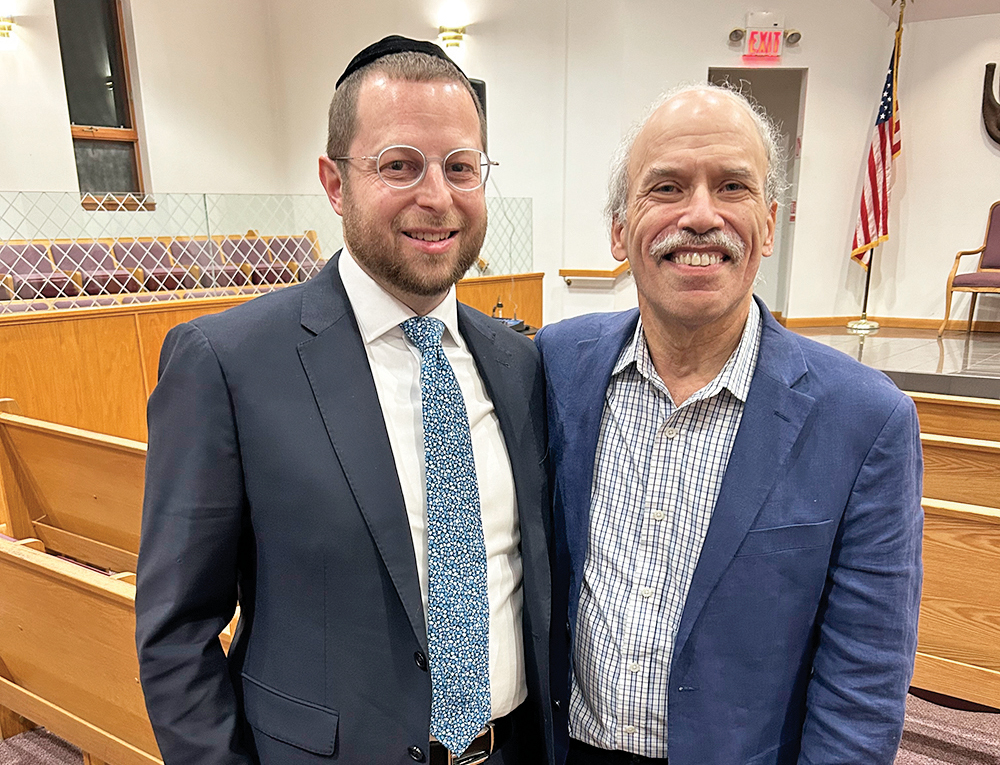
Rothstein worked with personal contacts and arranged to meet with the heads of the kibbutz movement. He suggested to them that support groups be offered at the 11 kibbutzim by the border with Gaza. Rothstein shared with the YIEB audience the unusual nature of this initial encounter, as kibbutzim are often associated with secular Israeli lifestyles, he and Kav L’Noar are situated within the Haredi community (yet the organization serves Israelis of all backgrounds).
He learned that there are 283 active businesses located on kibbutzim across the country. While the southern-border kibbutzim’s residents were evacuated, the businesses on those kibbutzim continue to operate. These kibbutzim are the ideal sites for Kav L’Noar to reach residents and to hold group sessions.
Rothstein met with the business heads and HR directors of the Gaza envelope kibbutzim and established Wednesdays as the group therapy days on the factory floors; all workers are paid for their time in the group sessions. That day has become the most productive day of the week in the different factories.
The founder shared a few anecdotes that demonstrate the impact of Kav L’Noar’s work in the kibbutzim, post-October 7:
At Kibbutz Erez, Rothstein met Asher, the CEO of one of the factories. Asher was initially skeptical of the idea of group therapy, despite the fact that his son was killed in the initial attacks. He called Rothstein a week later, asking that his factory be the first one to have the group sessions established.
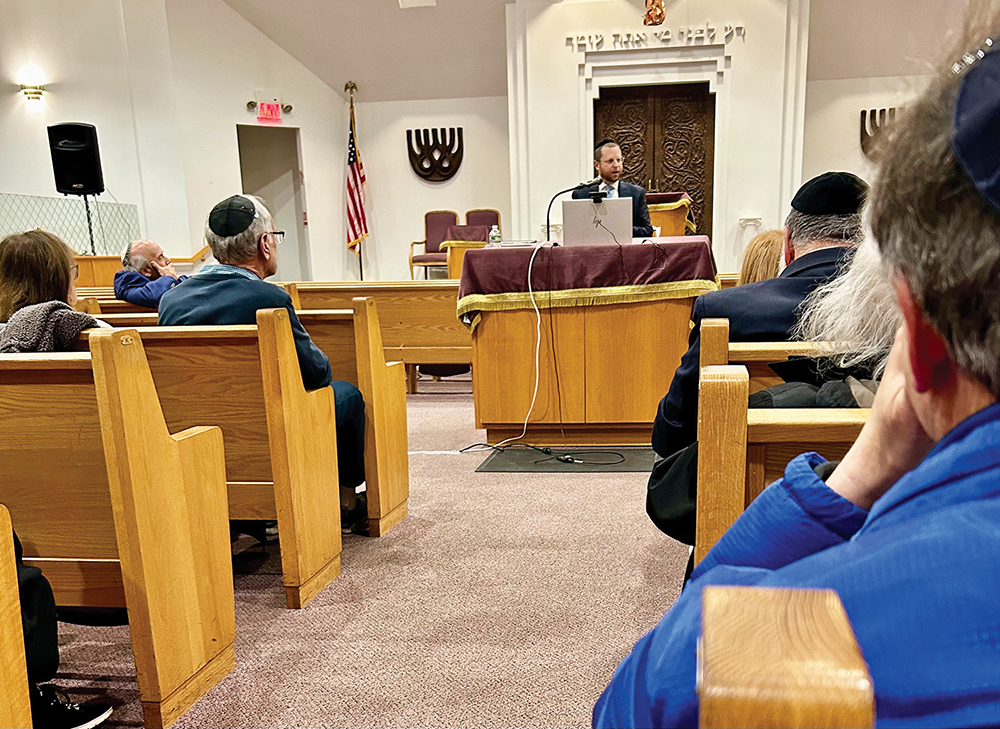
Weeks later, Asher took Rothstein and other Kav L’Noar staff to see his home, and the site where his son Amir died, after closing the gate to the kibbutz to save others. Asher cried and told Rothstein: “I didn’t know before why I should talk with you … this is the first time in my life I’ve cried.” He said it was very helpful to be able to cry about his loss.
At Kibbutz Nir Oz, Rothstein met Ami, the manager of the paint factory that was completely destroyed in the attacks. He introduced him to Rachamim, who showed Rothstein a picture of the office he shared with Ella; Rachamim survived the attacks, while Ella was taken hostage. Ami told Rothstein that all of his factory workers experienced one trauma or another from the attacks.
One of the men Rothstein met on the kibbutzim is Gilad, who told him, “My whole life, there was no such thing as God. Zionism was my religion. These last six weeks with the group have given me new hope. Now, not only do I think there is a God, but I believe we are coming closer to the days of Moshiach.” On Chanukah, he wished Rothstein a chag sameach and told him it was the first time he had ever done so.
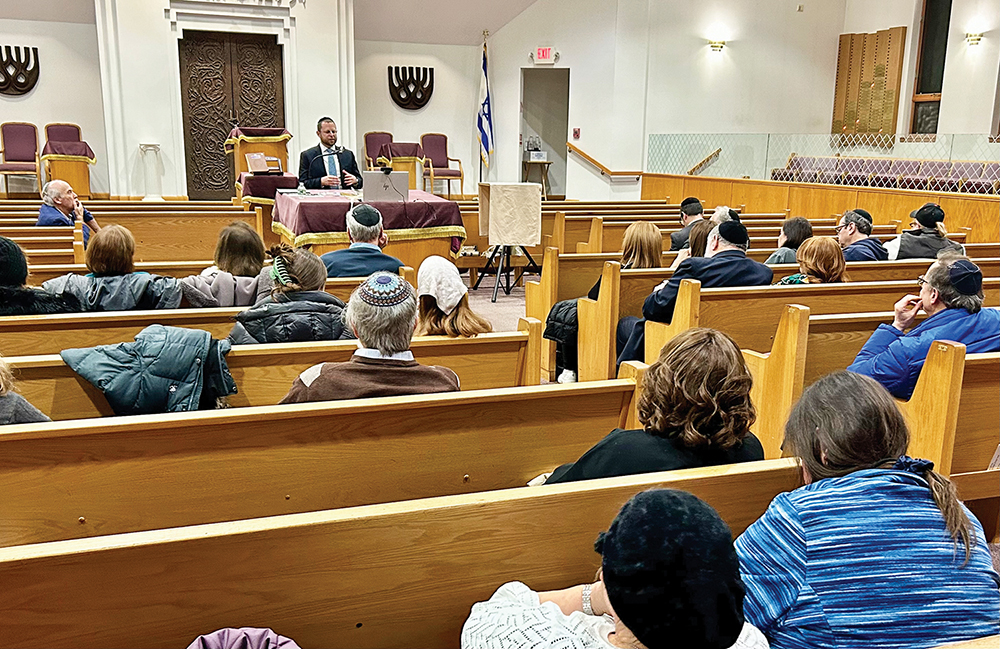
In introducing the speaker before the talk, Rabbi Yehoshua Hess illustrated the importance of Kav L’Noar’s work by pointing to the verse in Shemoneh Esrei—HaRofeh Sheburei Lev—that Hashem “heals the brokenhearted.” He said “this verse certainly resonates for us now,” as we take in the horrors of the massacres and the losses of the war.
“This was a very worthwhile and meaningful program during which I learned about the incredibly important work that Kav L’Noar does, especially after October 7,” said Debbie Wasserman of East Brunswick. “The stories told of sacrifice and bravery of the kibbutz members amazed me and reminded me that we are an incredibly strong and resilient people.”
For more information on the work of Kav L’Noar, visit www.kavlnoar.org/Israelatwar
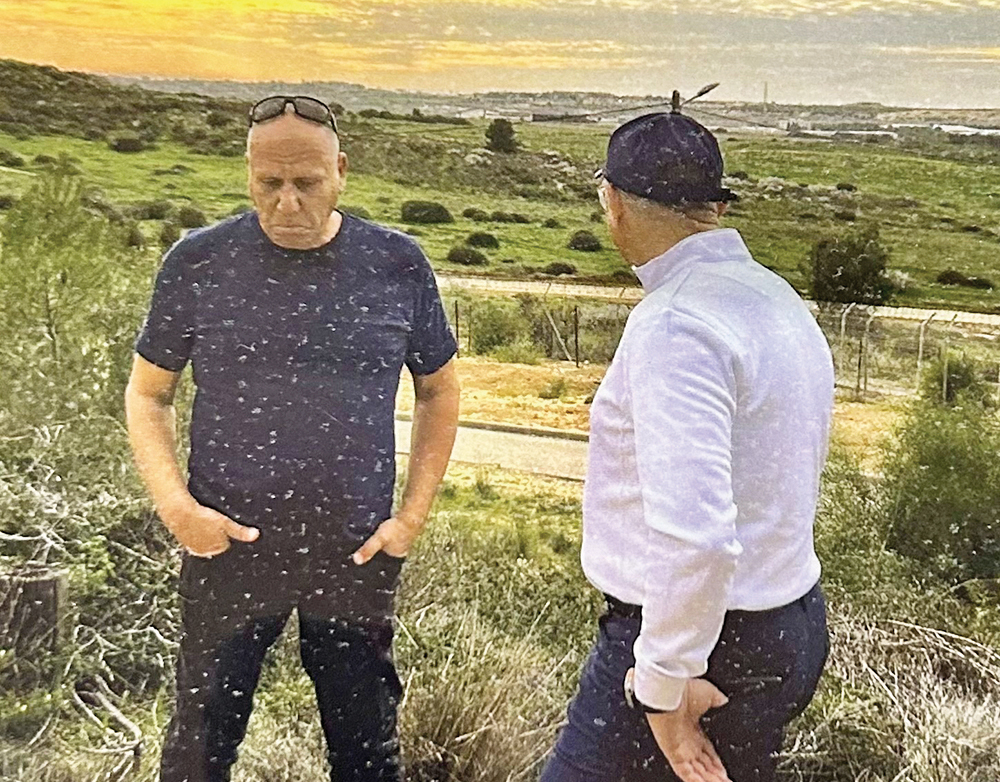
Harry Glazer is the Middlesex County editor of The Jewish Link. He can be reached at [email protected]
